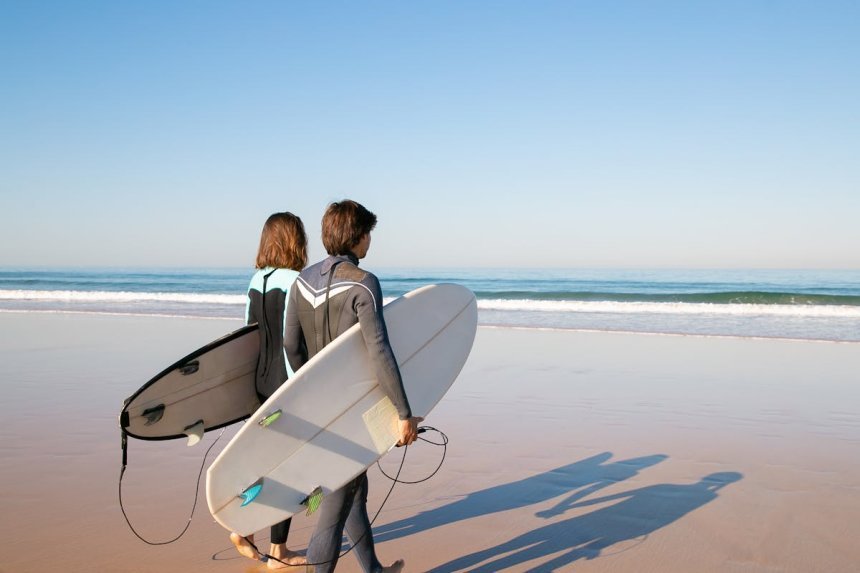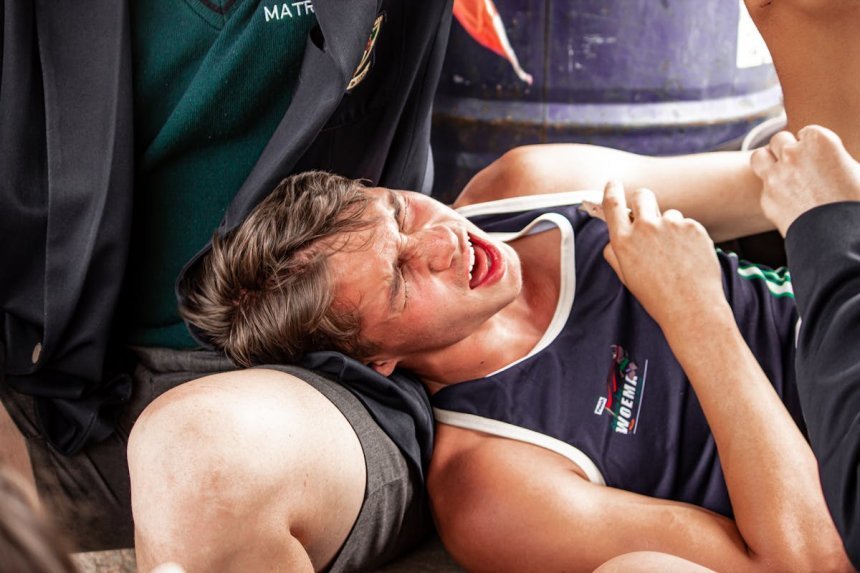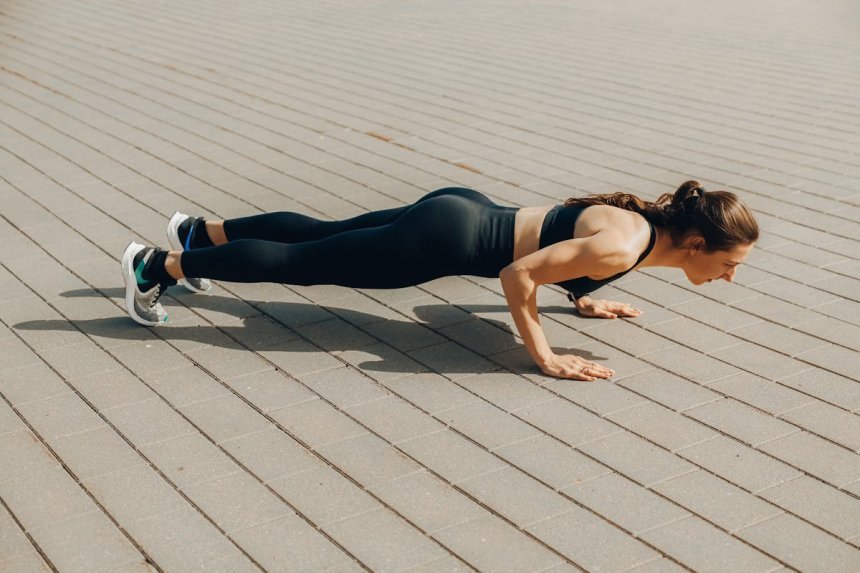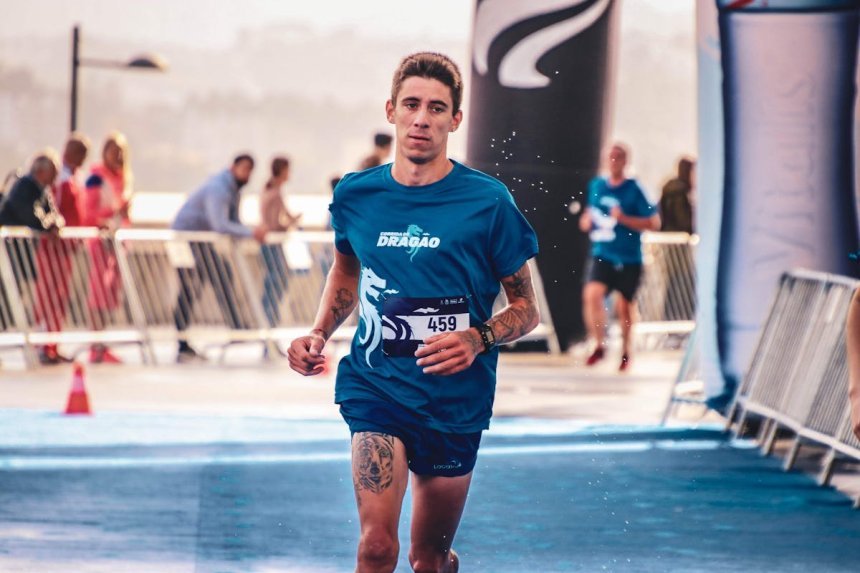Functional training for surfing: learn about its importance
Functional training for surfing is essential, after all, this is a challenging sport with a high risk of injury. Therefore, for the athlete to face the waves safely, keeping the body in shape is essential, right?

Functional training for surfing is essential, after all, this is a challenging sport with a high risk of injury. Therefore, for the athlete to face the waves safely, keeping the body in shape is essential, right?
Physical exercise, especially functional training, offers several advantages, both in terms of performance and safety for the surfer. With this in mind, we have prepared special content to explain more about the subject.
Want to know more? Continue reading quickly below!
What is functional training for surfing?
Functional surf training is a type of exercise focused on the body's natural movements, simulating those performed by surfers when practicing the sport. The main objective is to improve balance, strength, mobility and body resistance.
In this type of training, activities are performed using your own body weight or with the help of equipment, such as dumbbells.
In addition to resistance and body stabilization exercises, which promote complete and balanced muscle strengthening, functional training for surfing is not limited to working just one muscle group, but also improves movement patterns.
After all, the exercises simulate actions performed on the beach and in the sea. Among them, squats to catch the wave, rowing, explosions to jump on the board and balance on the wave stand out.
Advantages of functional training for surfing?
Functional training for surfing offers several benefits to athletes in this sport, as it impacts performance. Therefore, below, we will discuss its main advantages. They are:
Improved balance and stability
Surfers rely on balance and stability to stay upright on their boards and perform maneuvers, even with the constant movement of the waves. That's why functional training for surfing is so important.
In this process, specialized physiotherapists perform functional exercises with surfers, using balance boards, bosu balls and muscle strengthening activities. In this way, athletes gain greater control over their movements in different wave conditions.
Strength and power
Functional surfing training is essential for developing the surfer's strength, which is necessary for explosive movements such as the pop-up (the act of standing up quickly on the board).
Exercises guided by physiotherapists include squats, jumps and weight lifting, which are essential for strengthening the lower and upper limbs and core.
As a result, athletes improved their physical conditioning, gaining more energy to perform fast and powerful movements in the water, which improves overall performance.
More mobility and flexibility
Mobility and flexibility are crucial for any surfer, as they are essential for performing complex maneuvers. Therefore, functional training for surfing includes dynamic stretching and joint mobilizations.
The surfer's range of motion is expanded during these physiotherapist-led training sessions, which improves their ability to adjust to water conditions. They also lessen joint tension, which lowers the chance of damage.
Greater cardiovascular and muscular endurance
Surfing requires cardiovascular and muscular fitness, as the athlete spends hours paddling against the waves, demanding physical resistance.
Functional surf training includes high-intensity activities, with circuits, intervals and strength exercises. These activities work both the cardiovascular and muscular systems, ensuring greater endurance for the surfer, allowing them to stay in the water for longer without tiring quickly.
Reduced risk of injury
Surfers frequently sustain injuries because of the extreme physical strain and erratic waves. Functional surf training, however, can lessen the chance of getting hurt.
Exercises that strengthen the core, stabilize joints and improve posture are essential to prevent common injuries, such as shoulder problems, spinal injuries and ankle sprains.
Improving body awareness
Body awareness is the ability to perceive the position and movement of the body in space. In surfing, this skill is essential, as the athlete needs to react quickly to changes in the environment.
Functional surf training improves this ability by training the body to analyze its position and movements in space without relying on vision. This increases the surfer’s awareness of their own movements, allowing for more precise adjustments during maneuvers.
What are the main exercises?
Functional training for surfers consists of a set of exercises customized for each athlete. As previously mentioned, they focus on improving strength, endurance and even minimizing injuries.
But, among the main ones, despite being personalized according to the needs of each athlete, we can highlight:
- Surfboard: strengthens the abdominal and back muscles, essential for maintaining posture and balance on the surfboard.
- Squats: focusing on developing lower limb strength, it is important for power in maneuvers.
- Push-ups: work the strength of the chest, shoulder and triceps muscles, important for strength during the rowing movement and getting up quickly from the board.
- Stability ball exercises: help to work on balance and stabilizing strength, necessary for balance on the board.
- Dynamic stretching and joint mobility: helps with flexibility and body mobility, increasing range of movement and preventing injuries.
It is important to remember that exercises should be chosen respecting the limitations and needs of each athlete. After all, if this is not observed, future injuries may affect performance during competitions.
Share
What's Your Reaction?
 Like
0
Like
0
 Dislike
0
Dislike
0
 Love
0
Love
0
 Funny
0
Funny
0
 Angry
0
Angry
0
 Sad
0
Sad
0
 Wow
0
Wow
0













